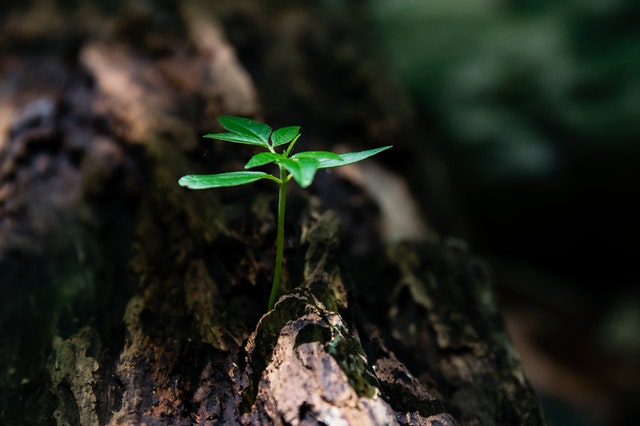Plant clock could be the key to producing more food for the world
by University of Melbourne
A University of Melbourne led study has established how plants use their metabolism to tell time and know when to grow—a discovery that could help leverage growing crops in different environments, including different seasons, different latitudes or even in artificial environments and vertical gardens.
Published in the PNAS journal, the study, titled “Superoxide is promoted by sucrose and affects amplitude of circadian rhythms in the evening,” details how plants use their metabolism to sense time at dusk and help conserve energy produced from sunlight during the day.
Lead researcher Dr. Mike Haydon, from the School of BioSciences, said while plants don’t sleep as humans do, their metabolism is adjusted during the night to conserve energy for the big day ahead of making their own food using energy from sunlight, or photosynthesis.
“Getting the timing of this daily cycle of metabolism right is really important because getting it wrong is detrimental to growth and survival,” Dr. Haydon said. “Plants can’t stumble to the fridge in the middle of the night if they get hungry so they have to predict the length of the night so there’s enough energy to last until sunrise; a bit like setting an alarm clock.”
>Read the full article: PHYS.ORG




 Credit: pexels.com
Credit: pexels.com